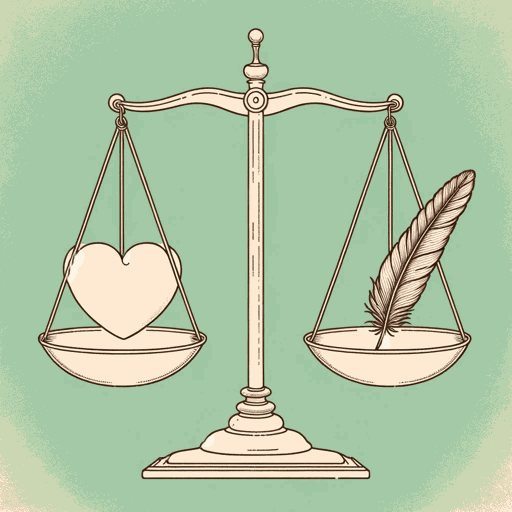33 pages • 1 hour read
Transl. Thomas Williams, Augustine of HippoOn Free Choice Of The Will
Nonfiction | Book | Adult | Published in 395A modern alternative to SparkNotes and CliffsNotes, SuperSummary offers high-quality Study Guides with detailed chapter summaries and analysis of major themes, characters, and more.
Themes
Freedom of the Will
Augustine’s text deals with the question of whether or not human beings possess the spiritual power of the will, whether or not this will is free, and what the implications are if humans have free will. The first objective Augustine sets out to achieve is to determine whether or not humans have free will, and then whether or not that is a good thing, and what powers the will has. Speaking with his interlocutor, Augustine starts at the very beginning by saying to Evodius, “first tell me whether you think you have a good will” (19).
The will, according to Augustine, is not free in all senses. It is not free to choose without rhyme or reason, or to perfect itself by choosing evil, or to act against its nature. True freedom is the potential and the opportunity to choose what is good, in accordance with the natural law written on the human heart. The natural law which is accessible to all human beings by their nature, participates in the eternal law, which is the divine truth itself: “genuine freedom is that possessed by those who are happy and cleave to the eternal law” (25).
Related Titles
By these authors



